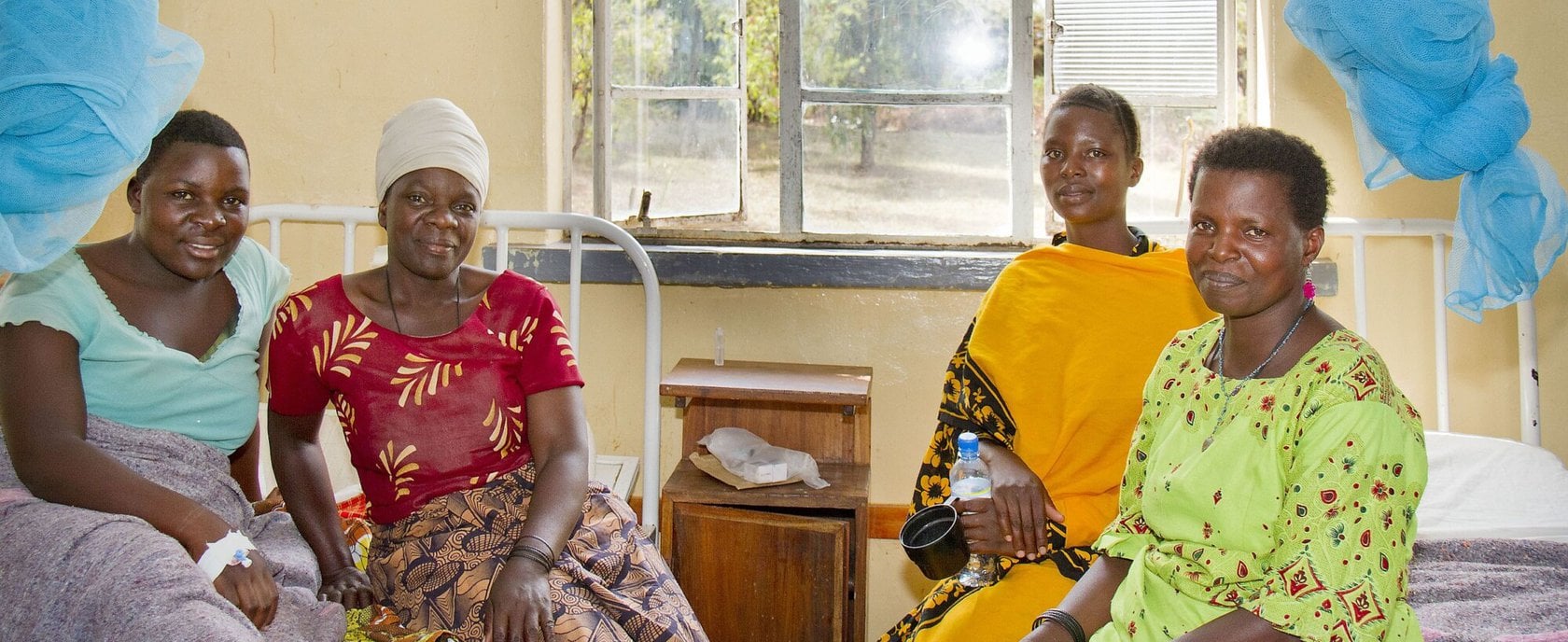
Portrait
Mission 21 is a global community of partner churches and partner organizations in Africa, Asia, Europe and Latin America. Together, we have been committed to a life in dignity for all people for over 200 years on the basis of the Christian faith. We provide sustainable development cooperation and humanitarian aid. In doing so, we offer opportunities to participate in the global church. As an international learning community, we create space for transcultural exchange and interreligious cooperation and promote an understanding of global interrelationships.
We are involved in around 100 projects in 20 countries to promote peace, education, health, food sovereignty and income generation. We are particularly committed to good governance and gender equality. Our work contributes to achieving the UN Sustainable Development Goals.
Mission 21 is supported by people like you, by the Swiss Protestant Reformed Church (EKS) and by the Swiss Agency for Development and Cooperation (SDC). Mission 21 is recognized as a non-profit organization and certified by ZEWO and EduQua.
Our offer is open to all people, regardless of religion, origin or gender.
Our fields of action and topics
Our understanding of mission is based on the belief that all people are different, but created with equal worth and dignity. Therefore, regardless of ethnicity, gender, religion or geographic origin, they should be able to share equally in what the Bible calls "life in abundance for all" (John 10:10). We build our work on this conviction: in the fields of action International learning community and International development cooperation.
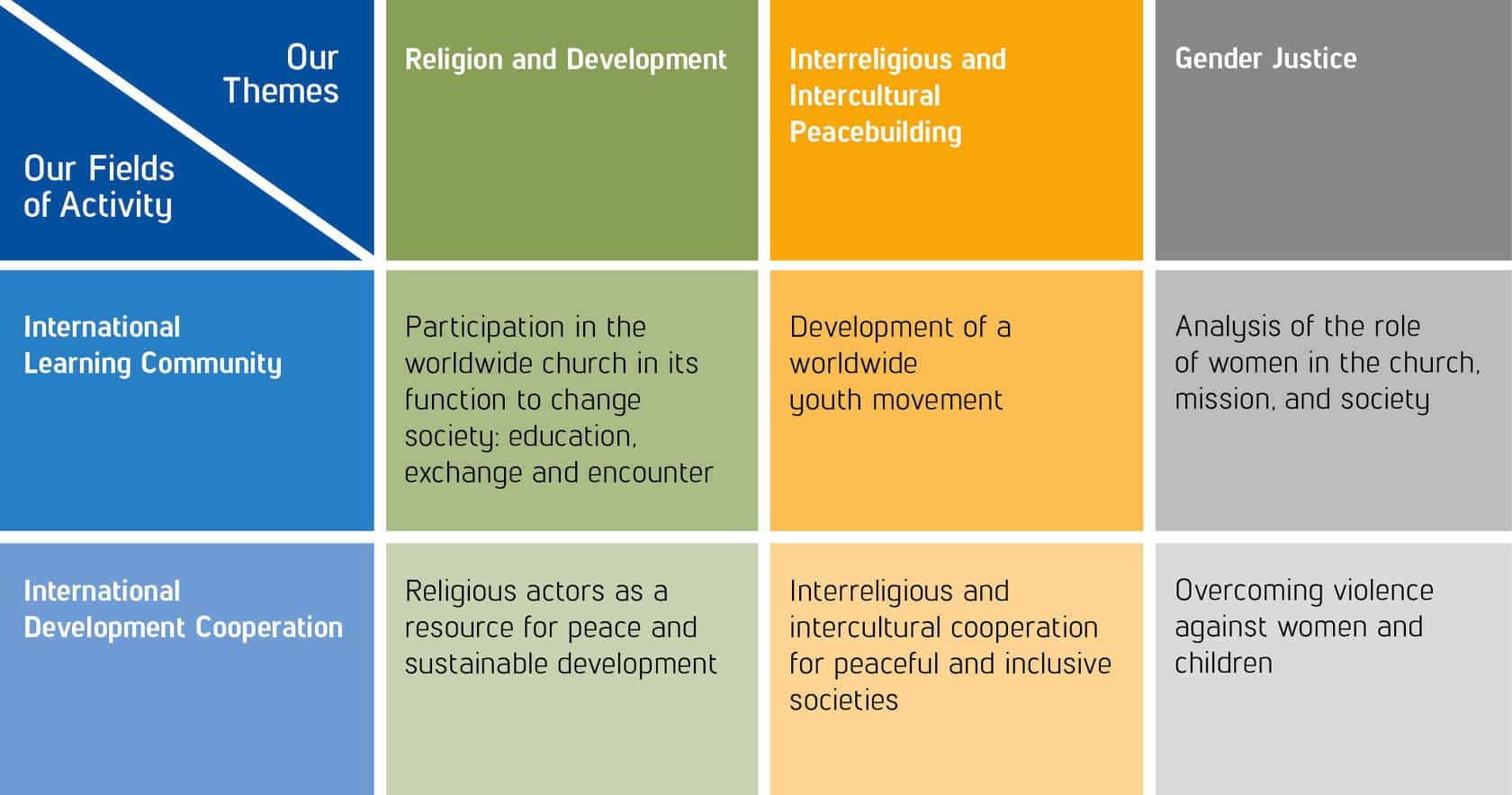
Frequently asked questions
Do you have questions about the financing of our work, our understanding of mission or our global commitment? We have compiled the most frequently asked questions for you. ► FAQs
International learning community
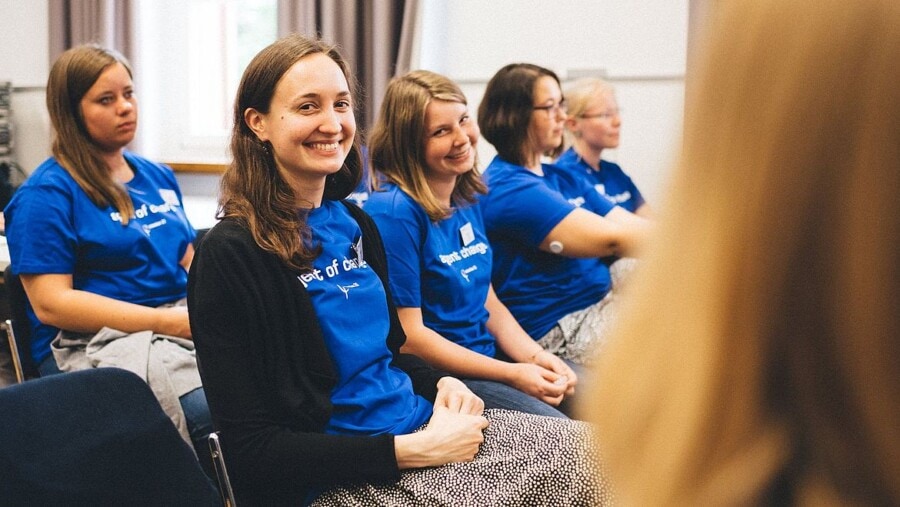
As an international learning community, we create space for intercultural exchange and interreligious cooperation and promote understanding of global interrelationships. Mission 21 carries out educational work in Switzerland and contributes to interreligious understanding. ► further information
International development cooperation
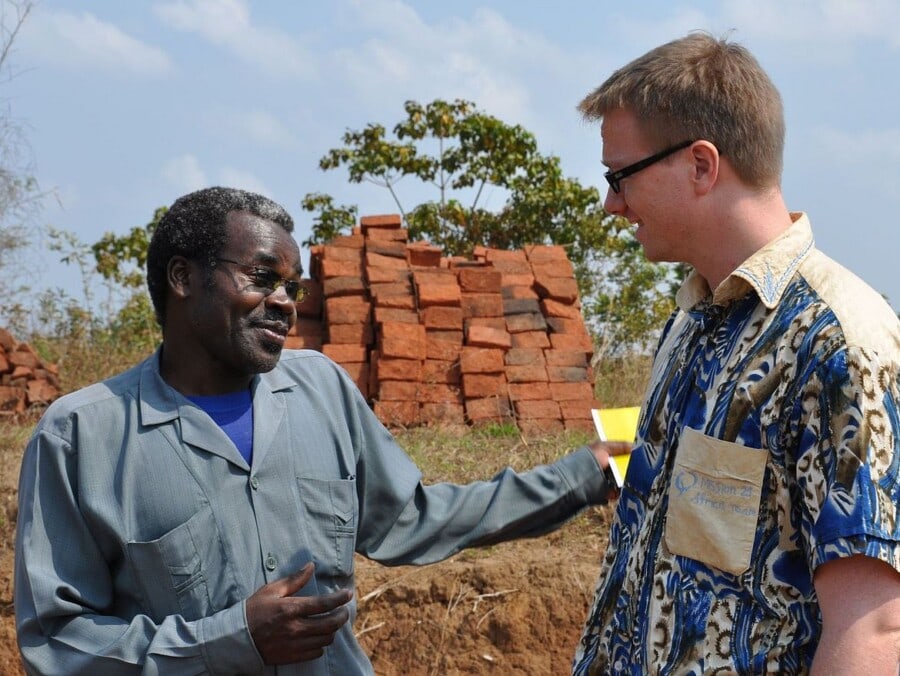
We align our work with the UN Sustainable Development Goals ("Agenda 2030"). In particular, we focus on SDG 16+: building peaceful, just and inclusive societies. Our many years of experience in transcultural and interreligious peacebuilding and our focus on the interplay between religion and development are particularly important here.
Our areas of activity
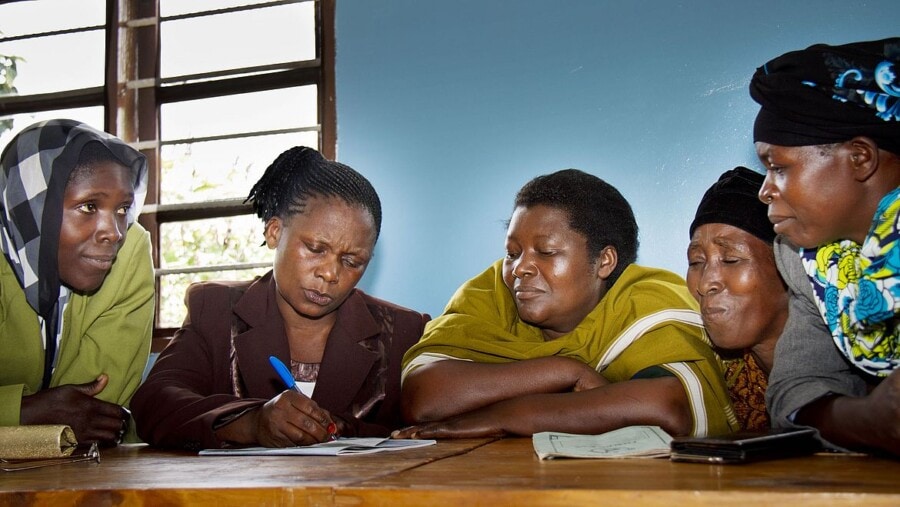
Education
Thanks to education, people can shape their own lives and assume responsibility in society. We promote literacy in our partner countries: basic education projects for reading, writing and arithmetic. We support vocational training and adult education. We promote the self-confidence of people from vulnerable population groups so that they can work independently for a life in dignity.
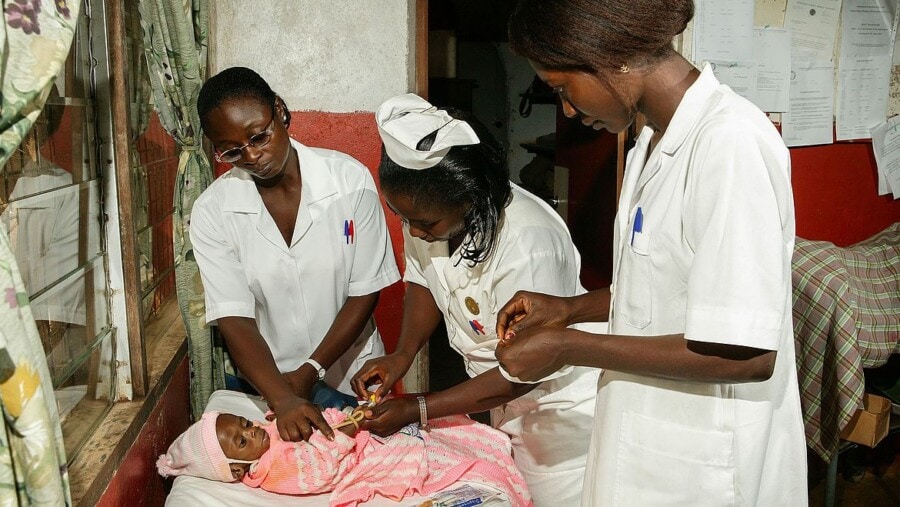
Health
For over one billion people worldwide, access to healthcare is not guaranteed. Mission 21 helps people in remote and rural areas access healthcare. We support projects that promote the sexual and reproductive health of vulnerable populations. We are committed to the fight against HIV and discrimination against people living with HIV.
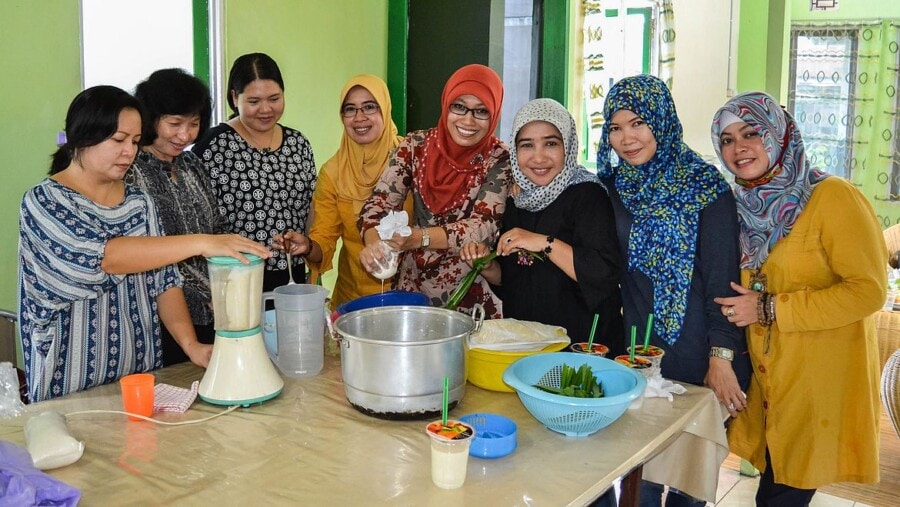
Peacebuilding
In many partner countries, tensions or violence are on the rise. We work at eye level with local people to resolve conflicts and structural violence peacefully. We work to prevent violence against women and children. Religious or ethnic aspects often play an important role in conflicts. Mission 21 brings its expertise in interreligious and intercultural peacebuilding to bear here.
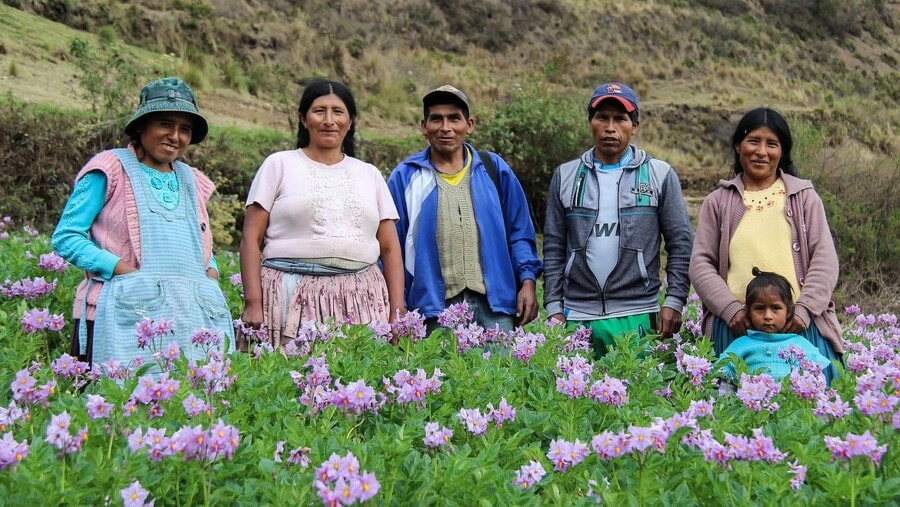
Food Sovereignty
The right to food is a fundamental human right. Although enough food is produced globally, around 870 million people go hungry, and another billion are chronically malnourished. Mission 21 supports projects that aim to enable disadvantaged people, especially smallholder families, to eat healthily and live in dignity.
Annual report and financial report
The Annual Report provides information on the work and principles of Mission 21 and shows how these manifested themselves in the year under review. It contains the annual financial statements including information on the origin and use of funds. The key donor groups are mentioned by name. Information on the structure and committees of the mission organization as well as a brief portrait of Mission 21 are also included. The annual report is published at the end of June/beginning of July after the international mission synod of Mission 21.


